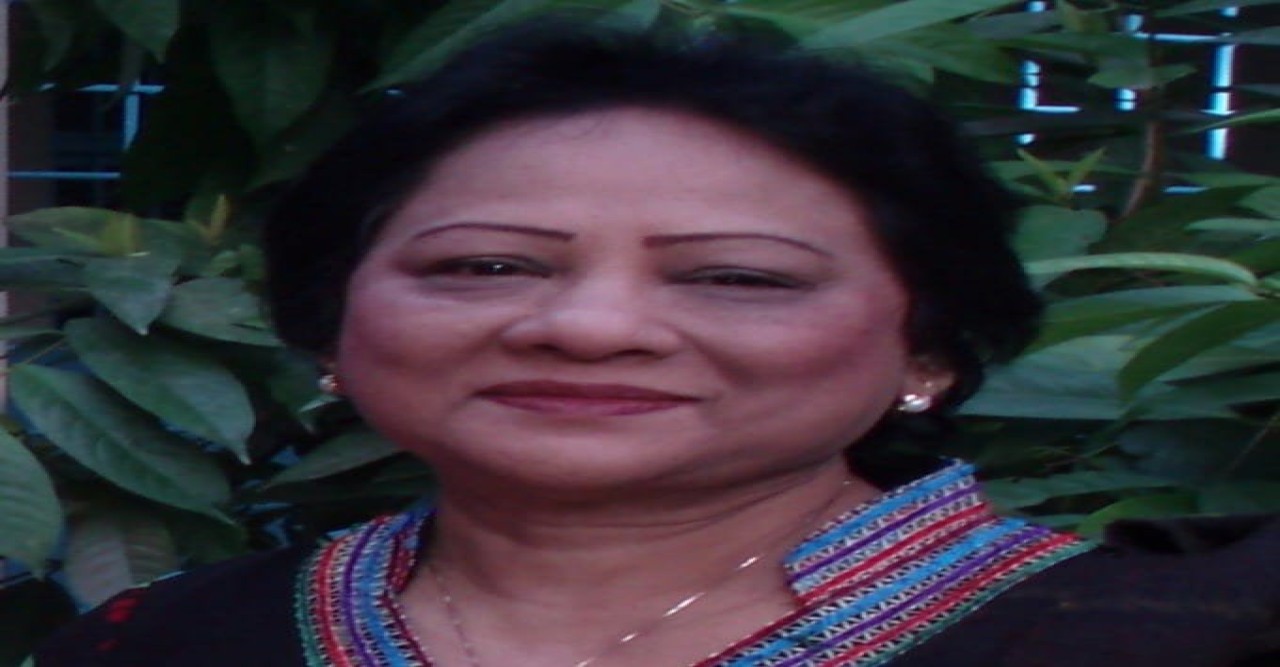
Alternative Dispute Resolution in Bangladesh: Prospects and Challenges
খবর প্রকাশিত: ১৪ জুন, ২০২৫, ০১:৪০ পিএম

Shaila Ahmed Senior Assistant Professor, Department of English, American International University-Bangladesh Dr. Syeda Afroza Zerin Associate Professor, Department of Law, American International University-Bangladesh.
Family disputes often involve significant stakes and complex emotions, making resolution challenging. Alternative Dispute Resolution (ADR) has gained popularity as an alternative to traditional litigation, historically the primary method of resolving these conflicts. ADR encompasses various procedures such as mediation, negotiation, arbitration, and collaborative law, emphasizing collaboration, dialogue, and win-win solutions. ADR offers numerous advantages over traditional litigation by focusing on problem-solving rather than confrontation. The establishment of Family Courts through the Paribarik Adalat Ain of 2023 acknowledges the limitations of previous civil courts in handling family cases effectively. Family Courts aim to provide a prompt, efficient, and amicable resolution of family disputes.
However, one drawback of litigation is its negative impact on relationships, especially when children are involved. ADR seeks to preserve or improve understanding and communication, helping to maintain essential family relationships. Through collaborative law or mediation, parties can openly discuss issues and create agreements that consider the best interests of all family members. Moreover, the court system often suffers from substantial backlogs and delays, burdening families seeking quick resolutions. ADR processes can yield faster results, enabling parties to stabilize their lives sooner. Additionally, it is less expensive than litigation, eliminating high legal fees and lengthy court proceedings and making it more accessible to those with limited financial resources.
Despite these benefits, encouraging voluntary participation in ADR can be challenging, particularly when court proceedings seem to be the default option. However, ADR provides significant opportunities for resolving family law conflicts. It allows for flexible and customized solutions tailored to the specific circumstances of each case. By seeking common ground, parties can create more satisfying, innovative, and long-lasting agreements for all involved. ADR offers an effective means to resolve family conflicts, addressing the issues associated with traditional judicial litigation. By promoting communication, maintaining relationships, and providing quicker and more affordable solutions, ADR techniques can revolutionize how family problems are settled.
However, it is essential to acknowledge and address the challenges of power imbalances, emotional complexities, and the need for voluntary participation. ADR is an informal method of resolving disputes outside the established legal system through mutual compromise and agreement. It avoids court evaluation, leading to negative publicity, hostility, high costs, and technical complexities. ADR is an informal settlement of legal and judicial disputes through mutual compromise. Also, ADR is a faster and less expensive way to settle disagreements. ADR’s primary goals are to promote access to justice and prevent annoyance, complexity, expense, and delay. ADR methods include mediation, arbitration, conciliation, negotiation, and hybrid processes. Arbitration is adjudicatory with a legally binding outcome, while mediation is consensual, helping parties resolve differences amicably with an impartial third party.
Negotiation involves parties reaching a non-binding settlement, and mediation involves a mediator assisting parties in decision-making. ADR typically results in less hostility and escalation, allowing parties to communicate post-settlement. ADR is necessary in family disputes because of their unique nature, requiring a specialized resolution. The significance of ADR in family disputes in Bangladesh has been highlighted, emphasizing its benefits for women who might avoid court exposure due to traditional societal mindsets. Mediation by family courts allows women to participate in dispute resolution without public scrutiny.
The high costs of conflict resolution methods can impede justice, especially in family matters where victims are often jobless. Out-of-court and NGO mediations, such as those by the Bangladesh Lawyers Association, BLAST, and Ain O Shalish Kendro, offer affordable or free mediation services, making ADR accessible. ADR also lacks intricate procedural or evidentiary guidelines, is more fact- and act-oriented, and is less expensive due to its simplicity and lack of need for legal representation. It reduces delays in case resolution and can guarantee justice for underprivileged and disadvantaged people in family matters, profoundly affecting women's rights. ADR processes facilitate peaceful conflict resolution, allowing parties to maintain relationships.
However, the challenges of ADR, such as lawyer non-cooperation and public awareness, cannot be overlooked. Lawyers may resist ADR, fearing loss of income, and rural areas may lack awareness, forcing litigants to rely on pleaders. ADR prioritizes preserving relationships, promoting cooperation, contributing to healthier post-divorce relationships, and resolving custody matters. It offers a platform for parties to shape their disputes' outcomes, creating customized solutions that meet their unique needs. ADR is more time-efficient and cost-effective than litigation, saving parties considerable time, money, and emotional strain. Mediation provides a private and confidential setting, maintaining family privacy. While clarity and quality controls are essential to ensure the proper use of ADR, and the judiciary's role must not be undermined, ADR remains a cooperative method of conflict resolution. Although ADR is underfunded in Bangladesh, expanding its practice is crucial to ensure access to justice and mitigate family disputes without overburdening the courts.